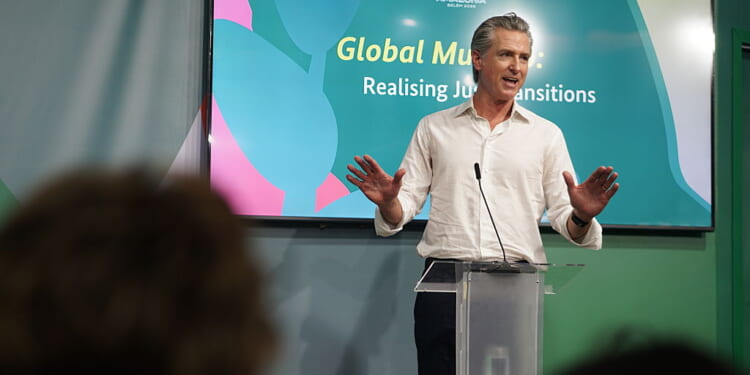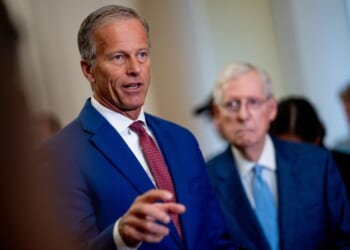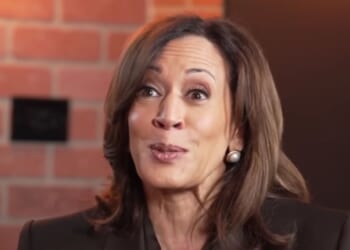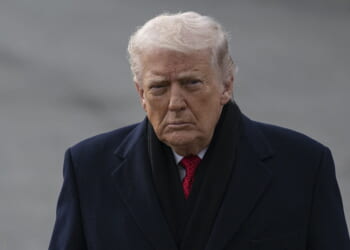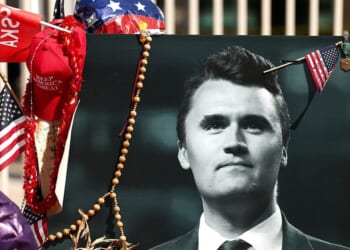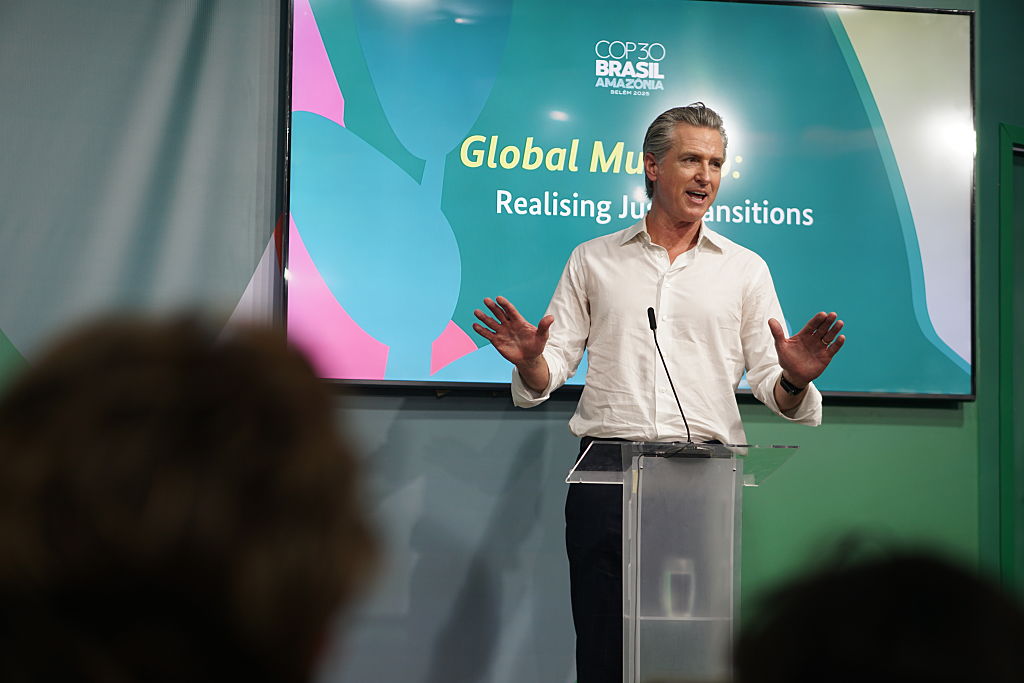
Has climate change activism run its course?
Something unprecedented happened at COP30: empty seats. The leaders of nearly 160 nations skipped the once-revered climate change summit, including President Donald Trump. For a United Nations event that has spent decades insisting it sits at the very center of global policymaking, COP30 landed with a thud.
While dozens of world leaders stayed home, California Governor Gavin Newsom, on November 11, rushed in to steal the spotlight. But why is an event that once commanded global attention suddenly fading into irrelevance?
Climate Agenda: DOA
The United Nations Framework Convention on Climate Change (UNFCCC) launched the Conference of the Parties (COP) to address rising global temperatures, meeting for the first time in Germany in 1995. At its 21st meeting, the COP adopted the Paris Agreement (also known as the Paris Climate Accords), a legally binding international climate change treaty.
Signed by 195 parties on December 12, 2015, the agreement sought to hold “the increase in the global average temperature to well below 2°C [35.6°F] above pre-industrial levels” and work “to limit the temperature increase to 1.5°C [34.7°F] above pre-industrial levels.”
According to the Copernicus Climate Change Service, 2024 was confirmed to be the “warmest year on record globally” and the first year “that the average global temperature exceeded 1.5°C above its pre-industrial level.”
If the COP’s mission was to slow climate change, then after 30 years, the results speak for themselves: Temperatures rose anyway, and major targets were missed. To make matters worse, the very leaders lecturing the world about cutting emissions often arrived at the conference by private jet, a notoriously emissions-heavy way to travel. The hypocrisy has become, for many, the summit’s defining image.
Climate Clout Chasing
Gavin Newsom’s appearance at COP30 was no surprise. The governor’s official website lists the climate as one of his top priorities, calling California’s Climate Commitment “the most ambitious in the world.”
Newsom’s presidential aspirations undoubtedly played a role in his decision to attend the widely ignored summit. In a not-so-shocking move, Newsom took the opportunity to attack Trump on an international stage, calling him an “invasive species” and a “wrecking ball president.”
“The United States of America is as dumb as we want to be on this topic, but the state of California is not, and so we are going to assert ourselves, we’re going to lean in, and we’re going to compete in this space,” Newsom said.
COP30 quickly became a venue for politicians to bolster their personal brands, with Gavin Newsom leading the way.
Climate Fatigue
Climate alarmism has dominated politics and culture for decades. Every storm is a disaster, every heatwave an apocalypse. The public is, for the most part, sick of the doom and has bigger issues to worry about.
Indeed, climate change ranked 17th out of 21 nationally trending issues on a 2023 Pew Research Center survey. The public’s top three priorities for policy were strengthening the economy, reducing health care costs, and defending against terrorism.
The most passionate defenders of the climate agenda – those who believe the end of the world is coming if we don’t change our ways – come across as fringe to the average Joe. And when climate protesters glue themselves to roads, shout at airplanes, and fling soup at masterpieces, regular people just stop listening.
COP30 could have been historic for the climate change agenda, but with world leaders bailing, citizens tuning out, and thirty years of unmet goals, perhaps it’s safe to say the summit has run its course.
Liberty Nation does not endorse candidates, campaigns, or legislation, and this presentation is no endorsement.

